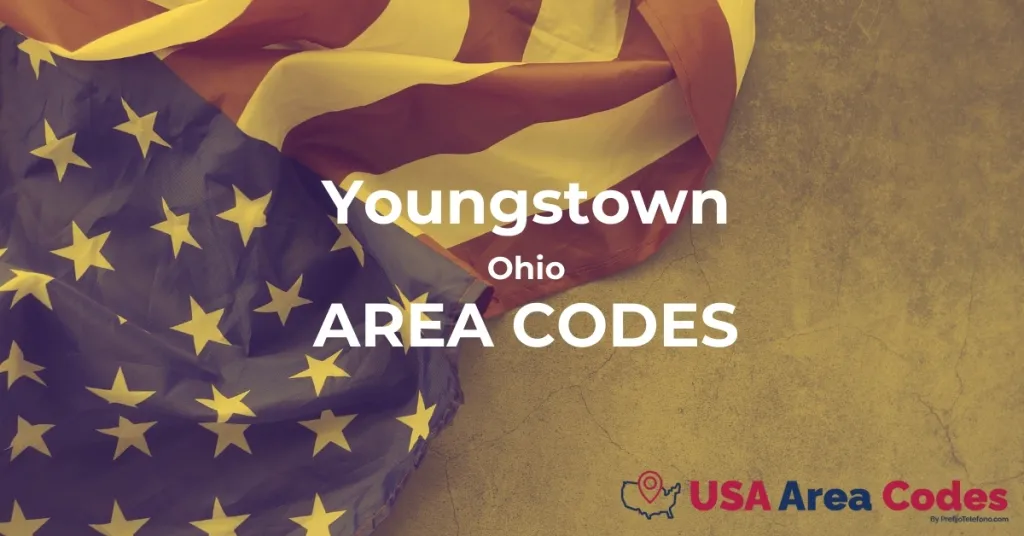Bellevue, Washington, located across Lake Washington from Seattle, covers a land area of approximately 36 square miles and has a population of around 150,000, making it one of Washington’s largest cities. Founded in the 19th century, Bellevue was initially a small farming community, but it underwent significant urban development in the mid-20th century, evolving into a key business and residential center.
Bellevue’s economy thrives on a mix of technology, retail, and healthcare sectors, with notable companies like T-Mobile and Microsoft having offices in the region. The city has fostered a robust technology ecosystem, primarily due to its proximity to major tech hubs in the greater Seattle area. This growth spurred advancements in telecommunications and networking, making Bellevue a critical contributor to the tech landscape in the Pacific Northwest.
Diverse telecommunications infrastructure supports the city’s businesses and residents, featuring high-speed internet accessibility and advanced mobile network services. Bellevue also embraces smart city initiatives aimed at enhancing connectivity, streamlining city services, and improving the quality of life through technology. The city’s commitment to technological progress, paired with its scenic parks and urban development, underscores its role as a progressive urban center.
Neighborhoods like Downtown Bellevue exemplify urban growth with mixed-use developments that blend residential living with business opportunities. Bellevue consistently prioritizes innovation and sustainability, reflecting its ongoing evolution as a significant player in the telecommunications arena in Washington State.




















